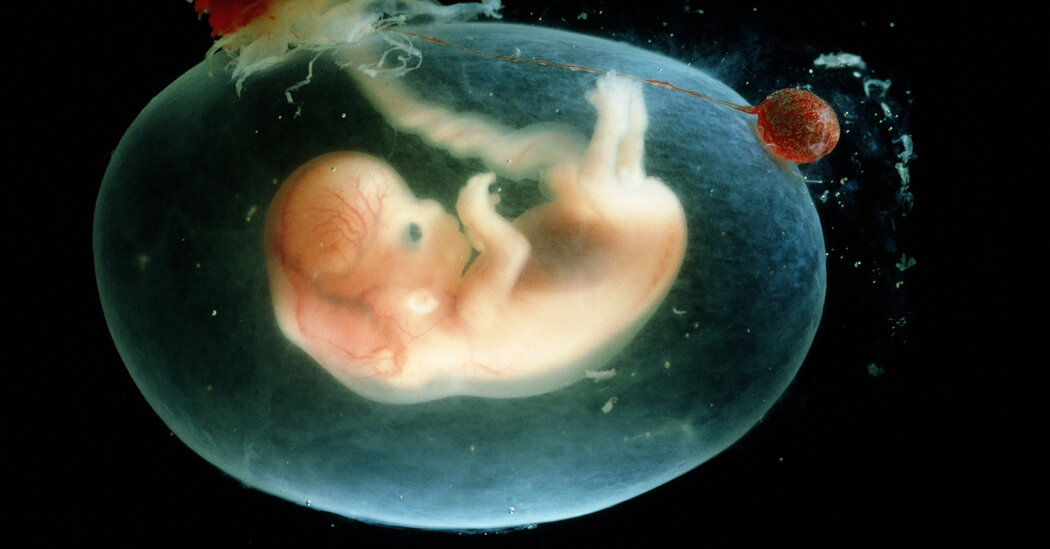In humans, the energetic cost of pregnancy is about 50,000 dietary calories — far higher than previously believed, a new study found.
It takes a lot of energy to grow a baby — just ask anyone who has been pregnant. But scientists are only now discovering just how much.
In a study published on Thursday in the journal Science, Australian researchers estimated that a human pregnancy demands almost 50,000 dietary calories over the course of nine months. That’s the equivalent of about 50 pints of Ben and Jerry’s Cherry Garcia ice cream, and significantly more than the researchers expected.
Previous estimates were lower because scientists generally assumed that most of the energy involved in reproduction wound up stored in the fetus, which is relatively small.
But Dustin Marshall, an evolutionary biologist at Monash University, and his students have discovered that the energy stored in a human baby’s tissues accounts for only about 4 percent of the total energy costs of pregnancy. The other 96 percent is extra fuel required by a woman’s own body.
“The baby itself becomes a rounding error,” Dr. Marshall said. “It took us a while to wrap our heads around that.”
This discovery emerged from Dr. Marshall’s long-running research on metabolism. Different species have to meet different demands for energy. Warm-blooded mammals, for example, can maintain a steady body temperature and stay active even when the temperature drops.
